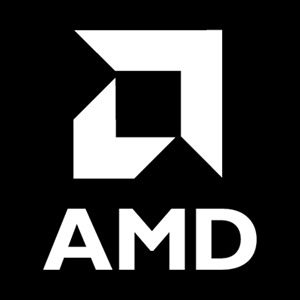Adobe Photoshop – AMD Radeon RX 6800 (XT) Performance
AMD recently launched their new Radeon RX 6800 and 6800 XT GPUs, but while Photoshop does have a number of effects that can utilize the GPU, there generally isn’t much of a performance difference between various cards. Will this hold true with the 6800 (XT), or will AMD take a lead in Photoshop?
Case Study with Pye Jirsa from SLR Lounge
Pye Jirsa is the founder and partner of SLR Lounge and Lin and Jirsa Photography, a boutique Southern California photography studio comprised of an incredible team that shoots over 300 weddings each year, with nearly 1,000 yearly client commissions.
Apple M1 MacBook vs PC Desktop Workstation for Adobe Creative Cloud
Apple has recently launched MacBook Air and Pro models using the new Apple M1 chip based on the Arm instruction set. While we do not usually examine performance for laptops, we wanted to see how these new chips compare to a desktop PC.
GPU Rendering – NVIDIA GeForce RTX 30 Series Multi-GPU Scaling
With the initial launches in NVIDIA’s GeForce RTX 30 Series complete, and availability getting better, it is time to look at how well these cards scale in multi-GPU configurations for rendering within Redshift, OctaneRender, and V-Ray.
AMD X570 vs B550 vs A520 Chipset Comparison
AMD has three current chipsets for their mainstream Ryzen processors, each targeting a different segment of the market with appropriate features and pricing. What is the difference between each of these chipsets, though? Knowing that can help make sure you get the right motherboard for your next workstation PC.
Messy Memory Speed Standards
Here at Puget Systems, we have tried to be careful about sticking to CPU manufacturer memory specifications – to ensure the best reliability, and to avoid overclocking memory controllers (which could, technically, violate CPU warranties). But increasingly complicated memory speed support schemes on many newer processors, combined with a lack of supply of certain speed modules, has forced us to adopt a new approach to what we offer in our workstations.
AMD Ryzen 5000 Series CPU Review Roundup
AMD’s new Ryzen 5000 Series processors are here, with significant improvements including an advertised 19% improvement in IPC (instructions per clock). This should result in large performance gains across the board, but exactly how well do these CPUs perform in the real world?
V-Ray Next: AMD Ryzen 5000 Series Rendering Performance
AMD is giving us the first taste of their new Zen 3 microarchitecture in the form of four Ryzen 5000 Series CPUs. This generation is supposed to have dramatically faster per-core performance than previous AMD processors, so what sort of impact does that have on CPU-based rendering engines like Chaos Group’s V-Ray? And how do these new models fare against other AMD and Intel processor families?
Cinema 4D: AMD Ryzen 5000 Series Rendering Performance
AMD’s has launched the Ryzen 5000 Series, bringing with it the updated Zen 3 microarchitecture and substantial performance improvements over the previous generation. How much of an impact do those changes have on rendering in Cinema 4D? And what can we expect with regard to modeling and animation performance in the viewport?
RealityCapture 1.1: AMD Ryzen 5000 Series Performance
With the launch of the Ryzen 5000 Series, AMD has brought their updated Zen 3 microarchitecture to mainstream desktop computers. They claim these CPUs have substantial performance per clock improvements over the previous generation. Does that impact photogrammetry processing in RealityCapture? And if so, how do these new chips stack up against other AMD and Intel models?









